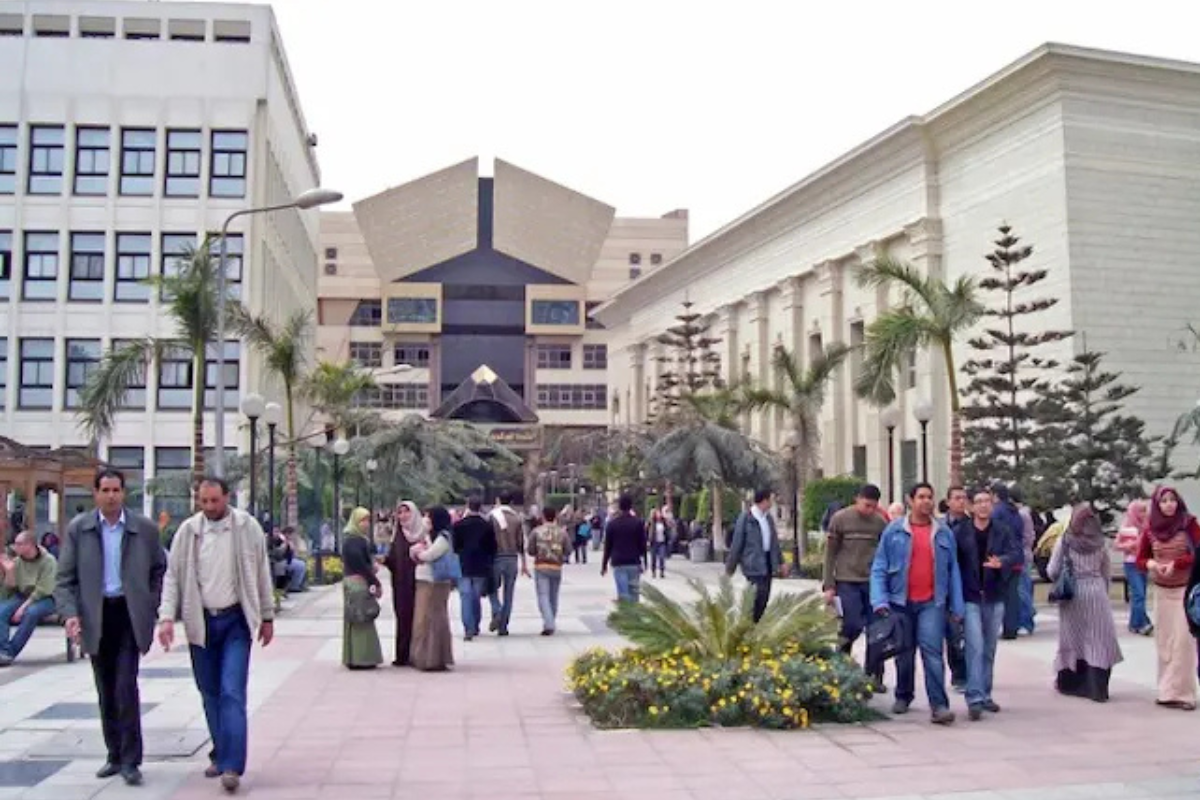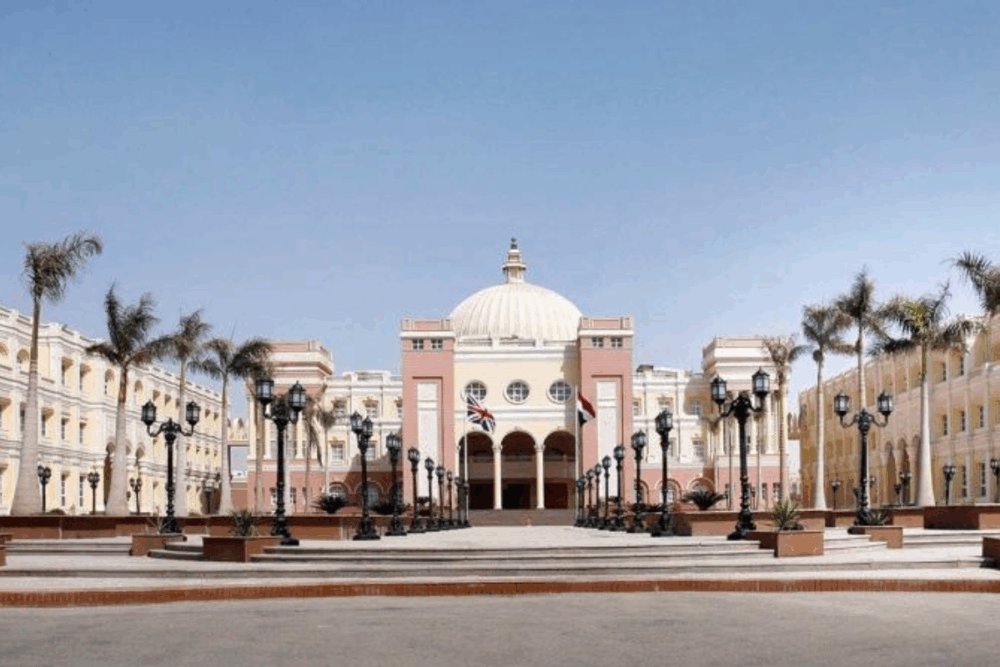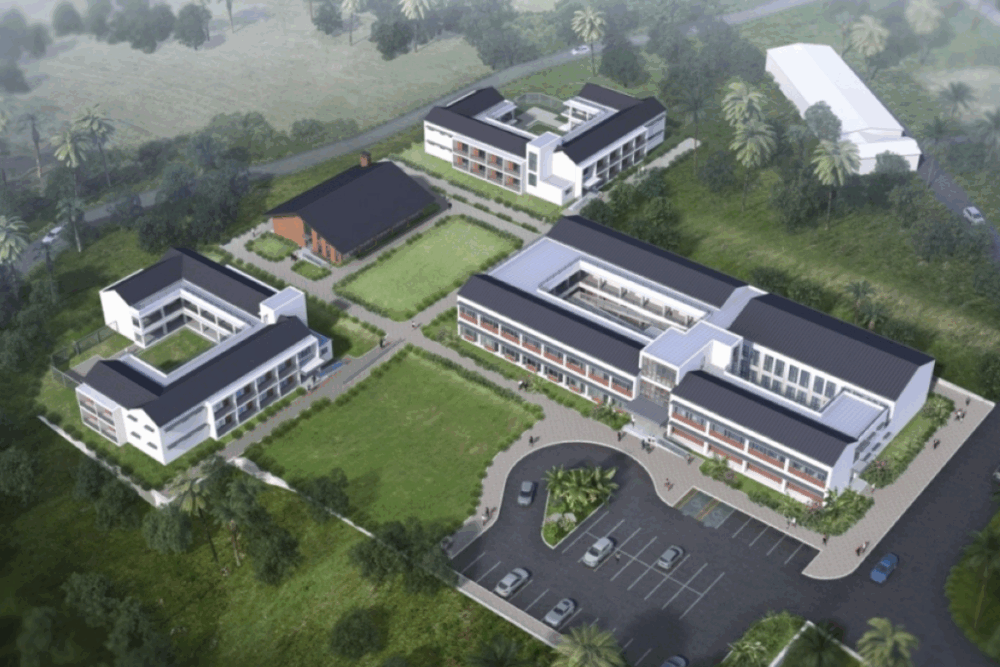Egypt is embarking on a historic transformation of its higher education system with the government announcing a record rise in funding alongside an ambitious programme of university expansion. The 2025/26 national budget has allocated EGP 135 billion to higher education, representing a remarkable 109% increase compared with the previous year. Officials describe this move as an unprecedented commitment to advancing learning, strengthening research, and positioning Egypt as a regional hub for innovation.
A Decade of Growth in Universities
The new budget reflects a decade of steady investment in higher education. In 2014, Egypt had only 50 universities. By 2025, that number had surged to 120 institutions, including public, private, non-profit and technical universities. This rapid growth highlights a national strategy designed to expand opportunities for young people, improve academic quality, and align education with the future needs of the labour market.
The Ministry of Higher Education and Scientific Research has stated that the expansion is not only about quantity but also about quality. New universities are being developed with modern facilities, advanced curricula and international accreditation in mind, allowing them to compete with top institutions globally.
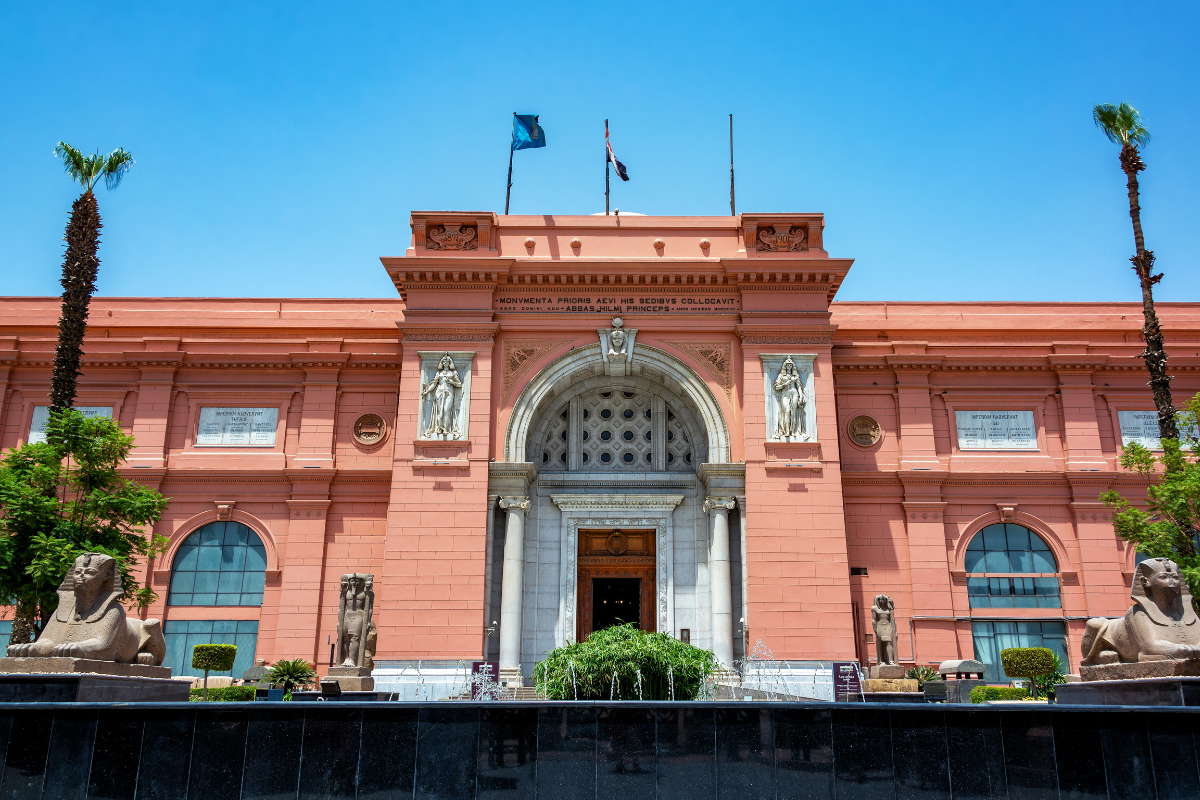
New Universities to Launch in 2025–26
The upcoming academic year will see the launch of 12 new national universities. These publicly funded institutions will provide affordable access to higher education, particularly in underserved regions. At the same time, at least 10 new private universities are expected to open across the country.
Private sector involvement is seen as vital in providing diversity and specialist programmes. Many of the new universities will introduce courses in high-demand fields such as artificial intelligence, renewable energy, healthcare innovation and green technologies. These areas are strongly aligned with Egypt’s Vision 2030, which prioritises knowledge-based economic growth.
At-a-Glance Takeaways:
- 109% increase in higher education budget for 2025/26 (EGP 135 billion)
- 120 universities in Egypt by 2025 compared with 50 in 2014
- 12 new national universities launching in 2025–26
- At least 10 new private universities opening across Egypt
- Over 700,000 secondary school graduates entering higher education annually
- Nearly 60% of Egypt’s population under 30, driving demand for university places
Meeting the Needs of a Young Population
Egypt’s demographic profile makes this expansion critical. With a population exceeding 110 million and almost 60 per cent under the age of 30, demand for higher education has never been greater. Each year, more than 700,000 students graduate from secondary schools, putting immense pressure on existing institutions.
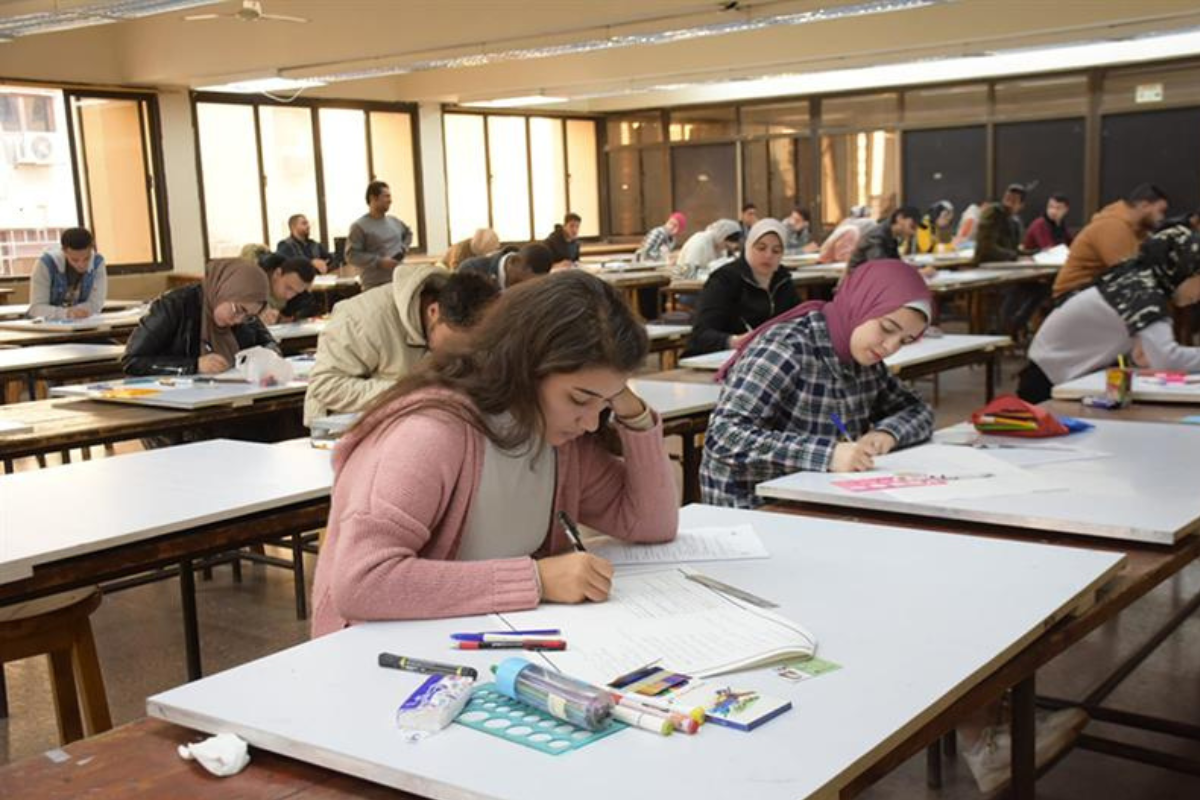
The establishment of new universities is described by policymakers as an extraordinary achievement in meeting this demand. At the same time, the significant increase in funding ensures that growth will be accompanied by improvements in quality, research capacity and digital infrastructure.
Enhancing Global Competitiveness
Officials have stressed that the budget boost will allow universities to build world-class research centres, attract international faculty and strengthen partnerships with overseas institutions. By offering more programmes in English and targeting international accreditation, Egypt aims to attract foreign students and establish itself as a leading educational destination in Africa and the Middle East.
Supporting Regional Development
Importantly, many of the new national universities will be located outside the traditional hubs of Cairo and Alexandria. This approach will bring opportunities closer to students in Upper Egypt and other underserved regions. In doing so, the government hopes to reduce migration pressures, improve equity and stimulate local economies by creating skilled regional workforces.
Challenges to Address
Despite the strong momentum, challenges remain. Recruiting highly qualified staff, maintaining consistent standards across institutions and ensuring affordability are key issues that policymakers will need to manage. There is also a need for robust regulatory frameworks to guarantee that expansion translates into genuine improvements in student outcomes and research excellence.
The Verdict
Ayman Ashour, Minister of Higher Education and Scientific Research, said:
“This unprecedented increase reflects the state’s commitment to strengthening education and research as pillars of comprehensive development. The public universities also contribute up to 30% in self-generated funding to support research and projects.”
Way Forward
Egypt’s unprecedented investment in higher education signals a new era of opportunity for students, academics and investors. The government is calling on private partners, international institutions and research organisations to collaborate in building a knowledge economy that serves both national and global needs.
For students and families, the message is clear: more opportunities than ever are now available to pursue world-class education in Egypt, across a diverse and expanding network of universities.
